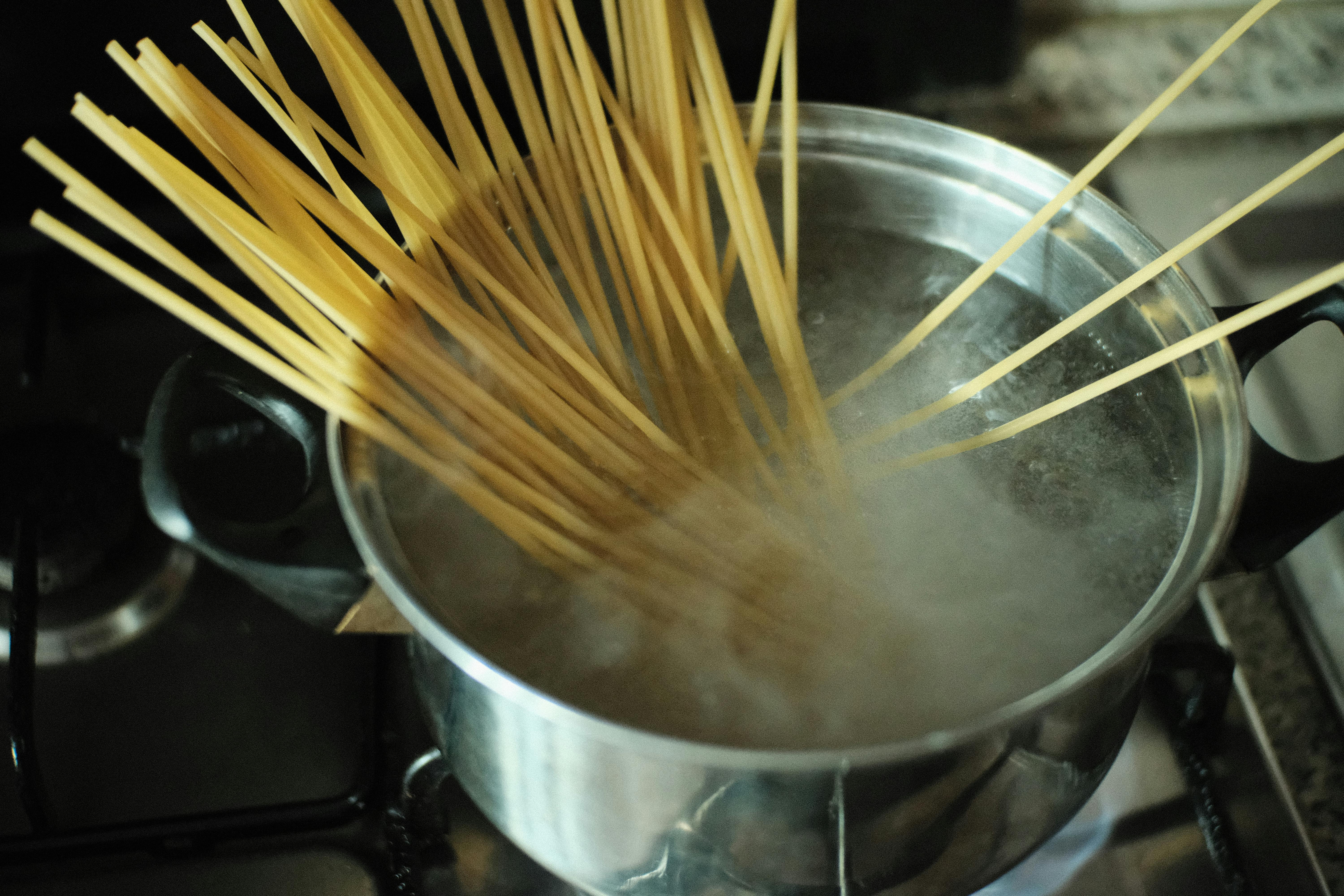How to Get Rid of Flies: Effective Ways to Eliminate House Flies in Your Home
Flies can be an irritating problem in any household. Understanding **how to get rid of flies** effectively is crucial for maintaining a clean and comfortable living space. In 2025, household fly problems continue to plague many homes, but fortunately, there are proven solutions available. This article will explore various **fly control tips**, techniques, and natural repellent solutions to help you successfully **eliminate house flies** and keep them away for good.
Understanding Fly Behavior and Breeding Cycle
The first step in effective **fly control** is understanding their behavior and breeding cycle. Flies reproduce rapidly, with a single female capable of laying up to 500 eggs. These eggs hatch into larvae, which can grow and mature in as little as a week under optimal conditions. By recognizing the **signs of a fly infestation**, you can address the issue before it becomes unmanageable.
Common Fly Species and Their Characteristics
Identifying common flies is vital to **eliminate house flies** successfully. Houseflies, fruit flies, and drain flies are among the most prevalent species. Houseflies are attracted to decaying organic matter, such as food waste, while fruit flies gravitate toward overripe fruits and sugary substances. Understanding the specific species in your home will help tailor your **flying control solutions** effectively.
Fly Breeding Prevention Techniques
To prevent fly breeding, it's essential to maintain high hygiene standards. Focus on sanitation methods such as regularly disposing of garbage, cleaning drains, and keeping food covered. Implementing **food storage techniques to prevent flies**, such as using airtight containers, can significantly inhibit breeding opportunities.
The Impact of Weather on Fly Infestations
Flies tend to swarm during warmer months, as they thrive in decent temperatures. Since environmental conditions can influence fly population growth, it's beneficial to plan your **fly prevention methods** seasonally. During summer, ensure that indoor areas are well-ventilated and promptly address any outdoor hotspots such as compost bins that may attract flies.
Effective Home Remedies for Flies
Naturally, homeowners often prefer eco-friendly solutions to combat pests. There are several **home remedies for flies** which can be highly effective. From DIY traps to natural repellents, you can create a fly-free environment without harsh chemicals.
Homemade Fly Traps That Work
One of the simplest ways of controlling flies in your home is by using homemade fly traps. Filling a jar with apple cider vinegar covered with plastic wrap can create a trap for fruit flies; pierce small holes in the wrap to allow the flies inside but not escape. This simple solution can help reduce the **fly population** quickly and effectively.
Using Essential Oils as Fly Repellents
**Essential oils for flies**, such as peppermint or eucalyptus, have shown promising results in deterring these pests. Mixing a few drops with water and spraying areas where flies are prominent can effectively keep them away. Moreover, the pleasant scent can enhance your home's aroma as well.
Vinegar Fly Traps – A Proven Solution
Vinegar fly traps have been around for years and continue to be effective. Combining vinegar with a few drops of dish soap can attract and trap flying pests wilfully. The soap reduces the surface tension, ensuring that flies do not escape once they land. **Vinegar fly traps** are not only effective but also cost-efficient and easy to make.
Outdoor Fly Prevention Methods
Your outdoor environment plays a significant role in attracting flies to your home. By implementing various **outdoor fly repellent** methods, you can effectively reduce the chances of infestations inside your home.
Keeping Your Yard Clean
Maintaining cleanliness in your yard is one of the most effective prevention methods. Keep your compost bins covered, as they are a prime breeding ground for flies. Regularly disposing of trash and cleaning up any food debris or pet waste will drastically reduce fly hotspots in your outdoor spaces.
Planting Fly-Repelling Plants
Certain **fly-repelling plants** can serve a dual purpose: beautifying your garden and keeping pests at bay. Basil, lavender, and marigolds are excellent options. Not only do they enhance the aesthetic of your outdoor space, but they also provide a natural deterrent against flies and other common pests.
Utilizing DIY Outdoor Fly Traps
Building DIY traps using accessible materials can also be beneficial. For instance, a water-filled bowl with a few drops of soap placed around your yard can attract and trap flies effectively. It's an innovative way to control **flies in outdoor environments** without resorting to harmful chemicals.
Professional Fly Control Solutions
Sometimes, despite your best efforts, fly infestations can become severe. For persistent fly problems, seeking **professional fly control solutions** might be necessary. Pest control experts have access to specialized techniques and products that can thoroughly address your fly issues.
Understanding the Role of Pest Control Products
**Fly control products** range from traps to chemical sprays. It's essential to understand how to choose products that target specific fly species. Reading labels and following the instructions can help ensure effective results while minimizing any adverse effects on health and the environment.
When to Call for Professional Help
If your home has recurrent fly issues, it may be time to consult professionals. They can help identify underlying issues that contribute to infestations and provide tailored strategies for control. Knowing when to involve them can save you time, money, and frustration in the long run.
Monitoring Fly Populations
After implementing various strategies, continually monitoring fly populations in your home is crucial. Take note of any significant fluctuations, and use this data to reassess your **fly control solutions**. Observations can guide future actions, ensuring you remain in control of your fly situation.
Key Takeaways
- Understanding fly behavior and breeding cycles is essential for effective control.
- Cleaning and sanitation play a conscious role in preventing infestations.
- Utilizing natural remedies, such as essential oils and homemade traps, can achieve substantial results.
- Maintaining outdoor cleanliness and planting specific plants will help deter flies.
- Professional pest control services can address severe infestations efficiently.
FAQ
1. What are the best practices for keeping flies away from my kitchen?
To keep flies away from your kitchen, be diligent about cleaning food surfaces, keeping trash cans sealed, and properly storing food. Implementing **sanitation methods for flies** is essential, alongside using traps and essential oils to repel flies.
2. Are there any natural repellents against flies that can be used indoors?
Yes! Some effective natural alternatives include essential oils like peppermint and lavender. You can create a DIY spray with these oils mixed with water to keep flies at bay indoors. Using **homemade fly sprays** can naturally control fly populations without harsh chemicals.
3. How can I make fly traps using common household items?
You can easily create fly traps using household items such as apple cider vinegar or sugar water. For apple cider vinegar traps, fill a jar with the vinegar and cover the top with plastic wrap, poking small holes for the flies to enter. This method captures flies without needing special supplies.
4. What should I do if I see signs of a fly infestation?
Upon noticing signs of an infestation, such as flies congregating in an area, start by cleaning affected areas thoroughly. Implement **fly prevention methods** and consider additional traps, as well as consulting pest control if necessary.
5. Do outdoor sanitation techniques really help in fly control?
Yes! Implementing **outdoor sanitation techniques**, such as removing food residue, covering compost bins, and cleaning pet areas, significantly reduces the likelihood of attracting flies to your property. Keeping outdoor spaces clean is key to preventing infestations.


